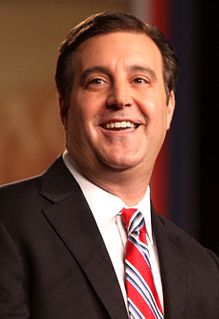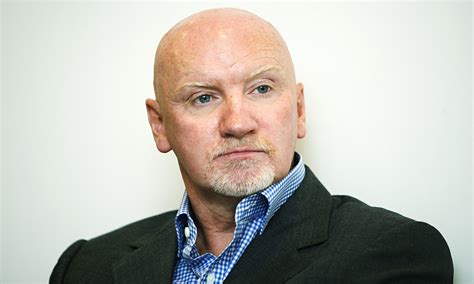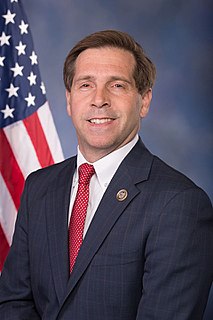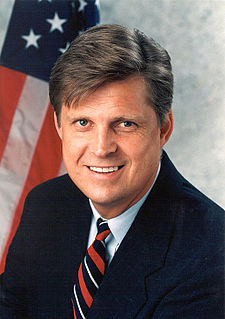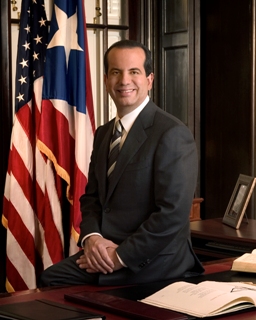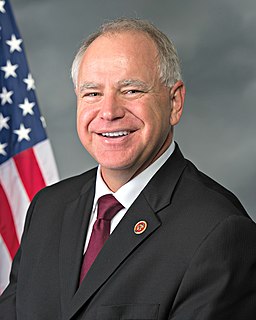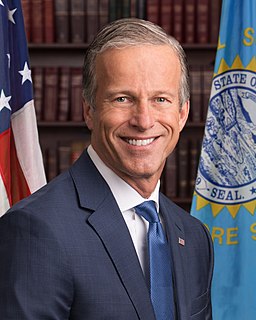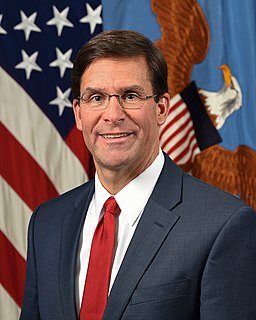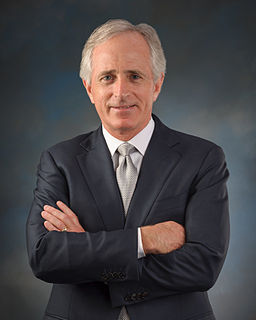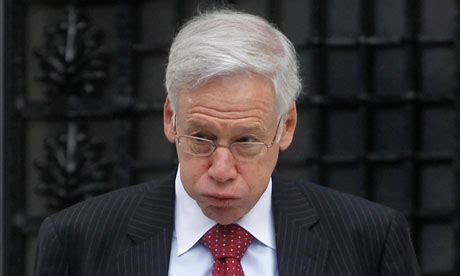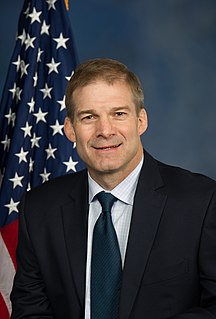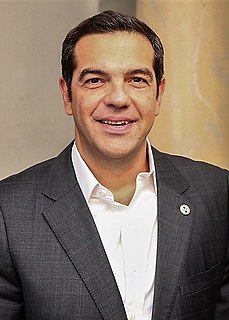Top 1200 Fiscal Policy Quotes & Sayings - Page 12
Explore popular Fiscal Policy quotes.
Last updated on December 19, 2024.
The people and the warmakers are two distinct groups. We must never say 'we' when discussing the US government's foreign policy. For one thing, the warmakers do not care about the opinions of the majority of Americans. It is silly and embarrassing for Americans to speak of 'we' when discussing their government's foreign policy, as if their input were necessary to or desired by those who make war.
The world is now unipolar and contains only one superpower. Canada shares a continent with that superpower. In this context, given our common values and the political, economic and security interests that we share with the United States, there is now no more important foreign policy interest for Canada than maintaining the ability to exercise effective influence in Washington so as to advance unique Canadian policy objectives.
We need a leader who has a sense of balance, an understanding of the ebb and flow of history and a sense of our country's unique place in it. This is a foreign policy debate, and you cannot conduct foreign policy without a sense of what we are fighting for. And any President who can reduce the conduct of this country's affairs to a morning's attack by a bunch of demented fascists does not, in my view, understand what this great nation is all about.
Inflation is certainly low and stable and, measured in unemployment and labour-market slack, the economy has made a lot of progress. The pace of growth is disappointingly slow, mostly because productivity growth has been very slow, which is not really something amenable to monetary policy. It comes from changes in technology, changes in worker skills and a variety of other things, but not monetary policy, in particular.
Will mankind never learn that policy is not morality,--that it never secures any moral right, but considers merely what is expedient? chooses the available candidate,--who is invariably the devil,--and what right have his constituents to be surprised, because the devil does not behave like an angel of light? What is wanted is men, not of policy, but of probity,--who recognize a higher law than the Constitution, or the decision of the majority.
Because I happen to believe that the best policy solutions lie in the center ground, then I want to see, how does the center revitalize itself? How does it develop the policy agenda for the future? And how do we link up people who have the same basic ideas and attachments to the same basic values across the world?
Harmony, liberal intercourse with all Nations, are recommended by policy, humanity and interest. But even our Commercial policy should hold an equal and impartial hand: neither seeking nor granting exclusive favours or preferences; consulting the natural course of things; diffusing and diversifying by gentle means the streams of Commerce, but forcing nothing; establishing with Powers so disposed; in order to give trade a stable course.
Pakistan is, I always feel, hopeful. You know, our system of government is not, and the system of foreign policy whereby we do whatever is asked of us as long as the price is right only proves to fundamentalist outfits and to militant groups that when we talk of things like democracy, when we talk of things like foreign policy, what we're really talking about is being pro-American.
The time has already come when each country needs a considered national policy about what size of population, whether larger or smaller than at present or the same, is most expedient. And having settled this policy, we must take steps to carry it into operation. The time may arrive a little later when the community as a whole must pay attention to the innate quality as well as to the mere numbers of its future members.
A country that cannot count its own illegal aliens - estimates range from 8-12 million - with a porous 2,000 mile border is not secure despite twelve carrier battle groups. We must accept that it is a cornerstone of Mexican foreign policy to export illegally each year a million of its own to the United States to avoid needed reform at home and to influence American domestic policy.
I was looking for a new challenge and got an interest in trying to make a difference for families. You become more aware of how important families are. They are the key institution in our culture. The reason I got into politics was to try to make a difference for that key institution, whether it was tax policy, education policy, or whatever.
Every time there has been an attempt to disturb it, it led to two things. It led to immediate intense conflict with China, and it led to a reaffirmation in the end, because nobody wanted a major confrontation with China to this principle of a "one China" policy within which Taiwan is finding a place now. Its own position has greatly improved since the Nixon policy. It is richer, it is stronger and it is participating in many international organizations.
The founders of this nation understood that private morality is the fount from whence sound public policy springs. Replying to Washington's first inaugural address, the Senate stated: "We feel, sir, the force and acknowledge the justness of the observation that the foundation of our national policy should be lain in private morality. If individuals be not influenced by moral principles it is in vain to look for public virtue."
The dirty little secret is that both houses of Congress are irrelevant. ... America's domestic policy is now being run by Alan Greenspan and the Federal Reserve, and America's foreign policy is now being run by the International Monetary Fund [IMF]. ...when the president decides to go to war, he no longer needs a declaration of war from Congress.



